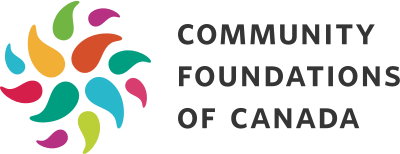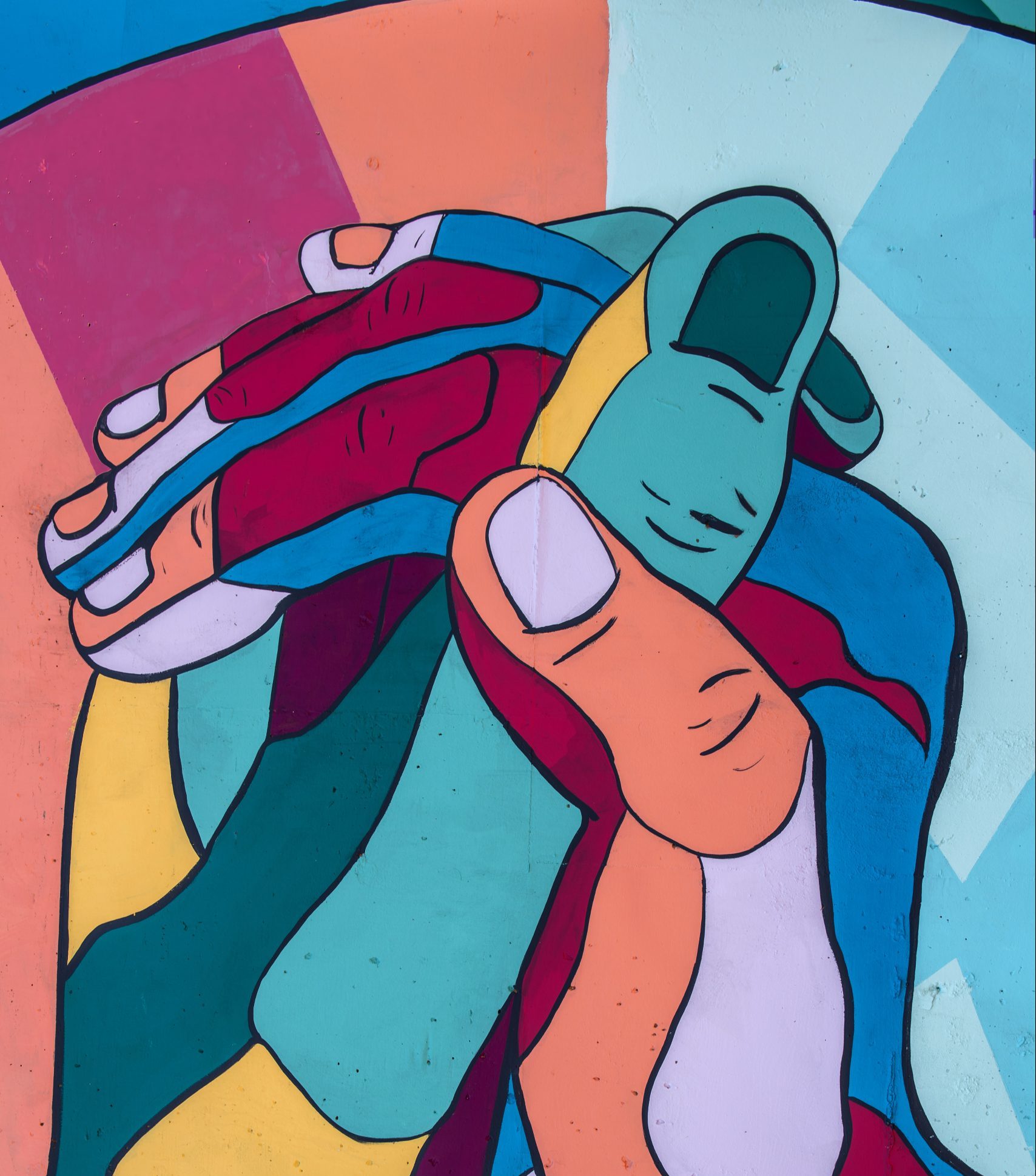This is part of our Emergency Community Support Fund series, showcasing how the $350 million federal funding program is supporting vulnerable populations disproportionately impacted by COVID-19.
Over the past decade, loneliness has been recognized as a public health issue, shown to increase the risk of mortality at a higher rate than smoking or alcohol. With social distancing safety measures, the pandemic has seen a steep rise in loneliness; in 2019, one study found that just over half of Canadians felt they had a good social life. During COVID-19, that number has plummeted to 33%.
Certain communities are more at risk of social isolation, including older people and people with mobility challenges. During the pandemic, non-profits and charities across Canada have been working harder than ever to support these vulnerable populations.
To support this work, Community Foundations of Canada granted almost 5,000 projects funding from the Emergency Community Support Fund (ECSF). More than 3200 of these projects are directly addressing the problem of social isolation and mental health.
Healing through Recreation
ElderActive Recreation Association was one of the ECSF-funded organizations. Based in Whitehorse, the non-profit serves Yukoners aged 55 and above, empowering individuals to lead active lives through sport, culture, educational and creative activities.
Executive director Alex Jegier explains that communities in Canada’s north were “already pretty isolated” before COVID-19. This made ElderActive’s programming even more crucial — but without the usual fundraising opportunities, “We knew that we couldn’t do the same amount of programming,” Jegier says.
Instead, ElderActive partnered with the Canadian Mental Health Association in Yukon (CMHA-YT) to apply for the ECSF. “Because we partnered with CMHA, [our programs] have a mental health and wellness spin,” Jegier says. This is especially important — studies show that 65% of people in Yukon report very good mental health, as opposed to 71% in the rest of Canada. “We have programs like Tai-Chi wellness exercises, and an art for wellness class, with an art therapist from CMHA.”
While much of the non-profit’s programming happens in Whitehorse, Yukon has a population density of approximately 0.1 people per square kilometre, with limited internet connectivity in rural areas.
ElderActive used part of the ECSF funding to increase the accessibility of its events, encouraging individuals to call-in to its art classes, using phone lines instead of the internet. “We received funds to do that through a toll-free number that people could call,” Jegier explains.
There was an immediate response from the community. “[They’re] just thanking us for the diversification of our offerings, and [for] bringing the community together again — two meters apart!” Jegier laughs.
Supporting Canadians Who Are Deaf-Blind
Another ECSF-funded organization tackling social isolation is the Resource Centre for Manitobans who are Deaf-Blind (RCMDB). Based in Winnipeg, the organization works with adults who are deaf-blind, promoting independence through daily living services, advocacy, public education and more.
It’s estimated that deaf-blindness affects approximately one in 3,000 Canadians, and RCMDB’s services rely largely on in-person interaction. With COVID-19 social distancing measures, the organization had to reassess its approach.
Executive director Bonnie Heath explains that, typically, the RCMDB supports individuals with tasks like grocery shopping. “Now we’re trying to figure out how to keep the staff safe,” she says.
Using the ESCF, RCMDB has been able to hire and train new service support providers, with the goal of increasing social inclusion and providing mental health support. “It’s just a matter of a support service provider going to the person’s house, bundling up and walking around the neighborhood with them, because they can’t walk around [alone],” Heath says. “We’ll be training more support service providers so that our staff don’t get exhausted, because no one knows how long the pandemic is going to last.”
The support RCMDB provides for its clients is life-changing. Heath shares a quote from one community member, Magnus Kincaid, formerly part of the Canadian military: ‘RCMDB became an anchor in my life, it was like a port in a storm when I really needed one. It is a place a person can find refuge where they are both loved and can find their own family.’
Building Back Better
When it came to distributing the ECSF, Community Foundations of Canada selected organizations with a ‘nothing about us, without us’ mandate — and that just so happens to be RCMDB’s motto. “Staff are guided by a steering committee, and the majority of people on the steering committee are deaf-blind,” Heath explains. “It makes the work relatively [straight-forward] because they’re advising us. They’re always identifying their needs.”
Due to the specialized skill set required, RCMDB can’t rely solely on volunteers. Heath emphasizes how important it is to have ongoing funding for training new staff, who “do everything from walking to recreational activities [with clients].”
When deciding how best to use the ECSF, ElderActive ran a community survey to figure out what people needed most. Over 700 seniors and caregivers responded, saying they wanted low-barrier programming with a wellness focus. The survey results directly led to ElderActive’s partnership with CMHA-YT.
Jegier says that, while it’s been great to receive the ECSF funding, he’s now figuring out what to do next. “We’ve been starting to have conversations with other organizations and governments to show the impact that we have, and the continued impact we’re going to have.”




